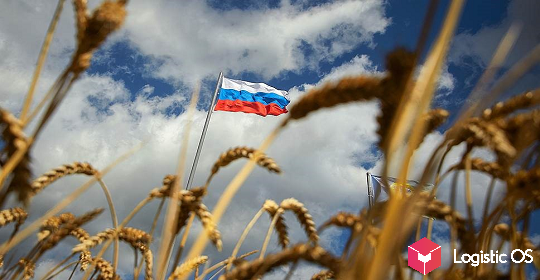A decrease in the water level in reservoirs in Kuban could significantly reduce the rice harvest, farmers fear.
The winter with little snow, which took place this year in a significant part of Russia, could affect almost the entire agricultural sector, but rice growers are especially hard hit, experts say.
First of all, problems arise in the Krasnodar Territory, which is the center of all Russian rice growing.
Currently, there is at least 30% less moisture in the meter-thick soil layer than normal, analysts say. Moreover, there is no reason to hope that the situation will somehow normalize itself.
In addition, there is a problem with the filling of reservoirs.
For example, there is a water shortage in the Krasnodar reservoir, the deficit can be up to 1.5 billion cubic meters. The lag in this indicator has been observed since December: then the reservoir contained about 750 million cubic meters of water instead of 1.6 billion.
Nevertheless, rice growers are still more or less optimistic and expect that they will be able to fulfill the sowing plan for 120 thousand hectares this season.
However, everything depends on whether the Krasnodar reservoir will be filled, experts believe. There is hope that rain may fall in early April, which could significantly improve the situation.
How can we get out of this situation?
It is unlikely that precipitation will be possible, but there are additional conditions that could improve the situation with the availability of water in the Krasnodar reservoir.
First, it needs to be cleaned, since it contains about 300 million cubic meters of sand.
In addition, it is imperative to clean the Kuban River bed, while insufficient work is being done in this area, experts note.
Farmers also have complaints about weather forecasting.
Business representatives note that the Hydrometeorological Center often provides only statistics on events that have already occurred, while something completely different is required — long-term forecasts that will allow us to understand what the precipitation situation will be and whether it is necessary to accumulate water in the reservoir.
Perhaps the current situation is due precisely to the fact that farmers did not have such forecasts. It is possible that digitalization and other modern methods can help in this matter.
One way or another, but at the moment, Kuban rice growers are determined to provide the country with rice, despite any negative factors that they have to face.
After the Fyodorovsky hydroelectric power station was repaired, farmers do not see any serious problems that could prevent them from achieving the plan to produce 2 million tons of rice by 2030.

